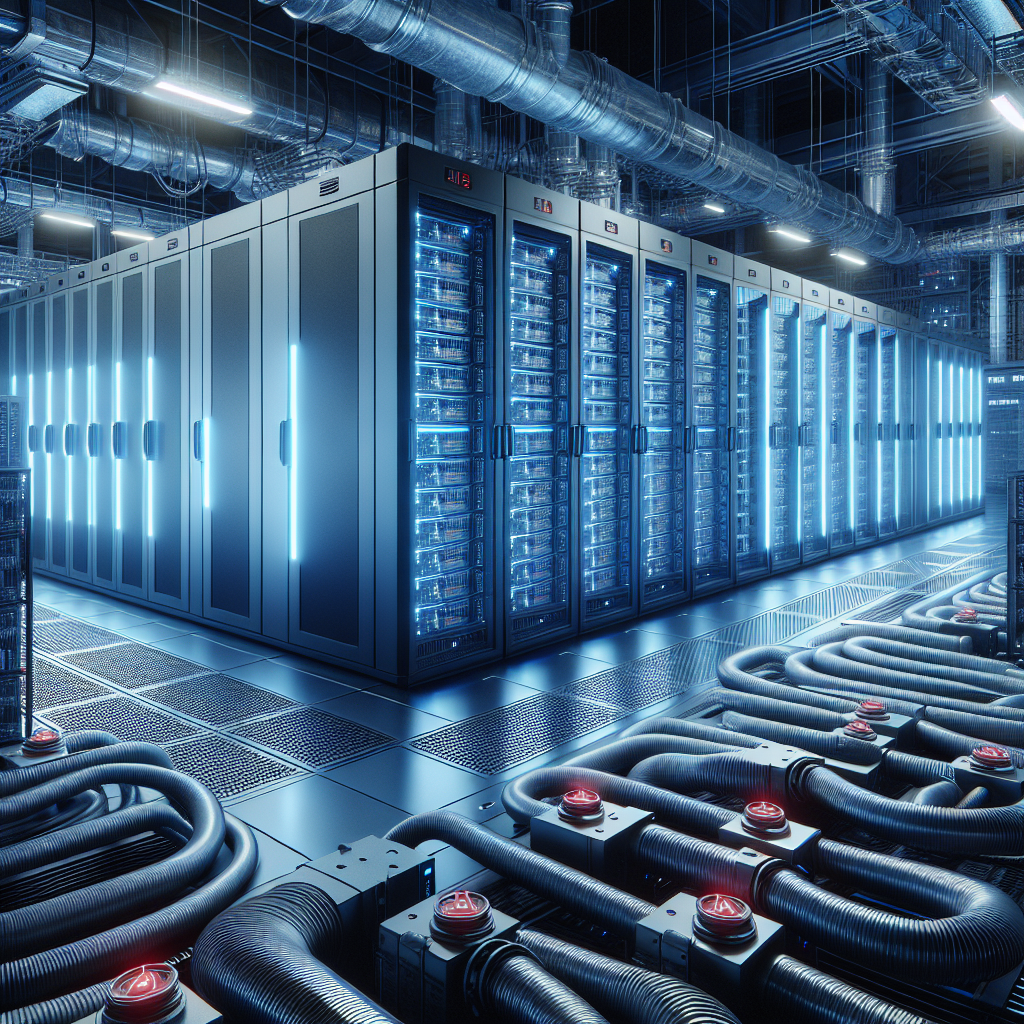Your cart is currently empty!
The Role of Cooling in Ensuring Data Center Reliability and Uptime

Data centers are the backbone of modern businesses, housing and processing the vast amounts of data that are crucial for day-to-day operations. With the increasing reliance on digital technologies, the demand for data center services is only expected to grow. In this context, ensuring the reliability and uptime of data centers is of utmost importance.
One crucial factor that plays a significant role in maintaining the reliability and uptime of data centers is cooling. Data centers generate a substantial amount of heat due to the constant operation of servers, storage devices, and networking equipment. If this heat is not effectively dissipated, it can lead to overheating, which can cause equipment failure and downtime.
To prevent overheating, data centers are equipped with cooling systems that help maintain the optimal operating temperature for the equipment. There are several cooling technologies that are commonly used in data centers, including air conditioning units, chillers, and computer room air handlers (CRAHs). These systems work together to remove the heat generated by the equipment and ensure that the temperature remains within the acceptable range.
Proper cooling is essential for ensuring the reliability of data center equipment. High temperatures can lead to accelerated wear and tear on components, reducing their lifespan and increasing the likelihood of failures. By maintaining a consistent temperature within the data center, cooling systems help prolong the life of equipment and reduce the risk of unplanned downtime.
In addition to equipment reliability, cooling also plays a crucial role in ensuring the uptime of data centers. Downtime can be incredibly costly for businesses, leading to lost revenue, decreased productivity, and damage to reputation. By preventing overheating and maintaining a stable operating environment, cooling systems help minimize the risk of downtime and keep data centers running smoothly.
Furthermore, efficient cooling can also lead to cost savings for data center operators. By optimizing cooling systems and ensuring that they operate at peak efficiency, operators can reduce energy consumption and lower operating costs. This not only benefits the bottom line but also contributes to sustainability efforts by reducing the carbon footprint of data centers.
In conclusion, the role of cooling in ensuring the reliability and uptime of data centers cannot be understated. Effective cooling systems are essential for maintaining optimal operating conditions, prolonging equipment lifespan, and minimizing the risk of downtime. By investing in reliable and efficient cooling solutions, data center operators can ensure the smooth and uninterrupted operation of their facilities, meeting the demands of today’s digital economy.

Leave a Reply